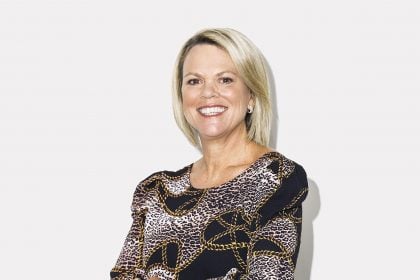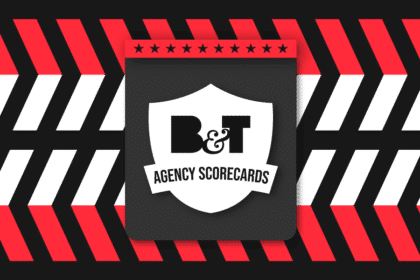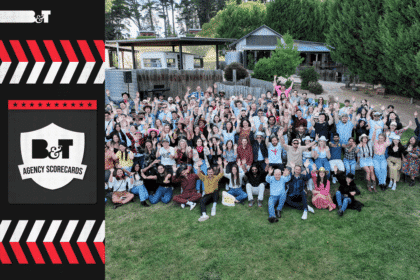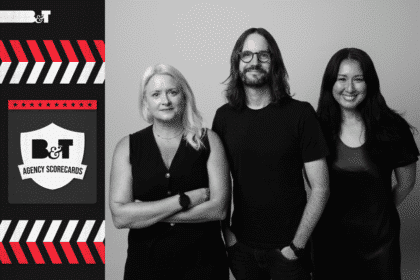Meta has confirmed it will walk away from funding Aussie journalism once current content deals expire in what is a significant blow to Australia’s larger publishers.
Facebook is done funding news. Parent company Meta said it will not enter negotiations to extend a deal to pay with Australian media companies for the news that appears on its platform.
The well-hidden Facebook News tab will be officially be axed in Australia and the US this April, continue Facebook’s global push away from news.
The content deals between Facebook and Google and dozens of Australia’s largest media companies – including Nine, News Corp and Seven West Media – are estimated to be worth north of $200m each year.
The federal government had been seeking assurances from Facebook, Google and – due its rising prominence – TikTok to enter fresh talks to fund public interest journalism as several current content deals will soon expire.
The News Media Bargaining Code came into law three years ago to compel Google and Facebook to negotiate with publishers to pay for their content.
Meta and Google dominate Australia’s circa $14bn online advertising market, with Google alone estimated to rake in north of $8bn each year.
In a blog post, Meta said the move is part of “an ongoing effort to better align our investments to our products and services people value the most” and follows the axing of the Facebook News tabs in the UK, France and Germany last year.
The blog posted added: “While we’ll be deprecating Facebook News in these countries, this announcement does not impact the terms under our existing Facebook News agreements with publishers in Australia, France and Germany. These deals have already expired in the US and the UK.
“Additionally, to ensure that we continue to invest in products and services that drive user engagement, we will not enter into new commercial deals for traditional news content in these countries and will not offer new Facebook products specifically for news publishers in the future.”
Recently, Google’s public policy chief Lucinda Longcroft reiterated its commitment to fund journalism and B&T understands Google has already begun talks to renegotiate deals that will soon expire.
“We’ve been partnering with Australian news companies to strengthen quality journalism for two decades through our products, programs and commercial partnerships,” she said.
“Over the past three years, we’ve furthered our significant contribution to the Australian news industry by signing commercial agreements with more than 70 Australian news businesses, representing more than 200 outlets across the country. The majority of these outlets are regional or local.”
Will Users Care?
Meta said that the number of people using Facebook News in Australia and the US has dropped by more than 80 per cent last year.
Last September, the AFR reported that web traffic from Facebook to publishers had dropped by 50 per cent in 2023.
AFR parent company Nine is one of the main beneficiaries of news content deals. Nine chief executive Mike Sneesby said Meta’s decision “does not recognise the significant and increasing value of Nine’s journalism, unique content and brands to its platforms”.
He added: “Regardless of the Meta announcement today, the value created on their platform from the use of Nine’s IP is both unquestionable and growing and we strongly believe Meta should negotiate in good faith around the fair compensation for that value exchange.
“We will continue to robustly advocate that these deals are in the national interest and the arguments that led to the code in the first place remain as strong as ever.”
Commenting on the news, Seven West media managing director and chief executive officer James Warburton said: “Meta needs to be designated. The case has not only been made but proven and we welcome ministers Jones and Rowland’s commitment to the News Media Bargaining Code. We will work constructively with the ACCC and Treasury to ensure their designation”.
The Bigger Picture
Meta’s flight away from news comes as potentially costly regulatory headwinds intensify across the world.
In recent years, Facebook has changed its algorithm to give less prominence to news and a greater focus on users’ individual posts and short video content. Meta said news only accounts for 3 per cent of the content people see in their Facebook feed.
This shift has come as regulators sharpen their knives to pressure Facebook and Google into paying for the news posts shared on their platforms.
Last August, Facebook blocked posts from Canadian news sites after its government asked the company to pay for journalism. At the time the move was contentious because Canadian users were unable to access vital information about extreme bushfires on the social media platform.
In the wake of Australia’s News Media Bargaining Code, the European Union launched a public consultation about whether Google and Facebook should pay for journalism, and there has also been a similar push in the UK.
Although Meta’s latest announcement to stop funding news will strike a short-term blow to the coffers of Australia’s largest publishers, Facebook’s value to them as a source of web traffic has been evaporating in recent years.
Read next: Here’s what media companies think about the decision, Free TV boss Bridget Fair and also Albo.








